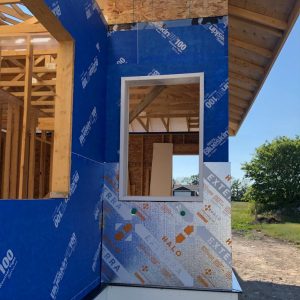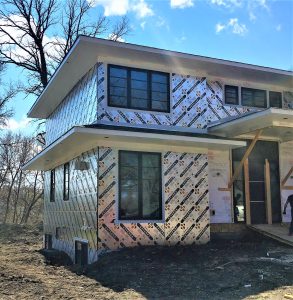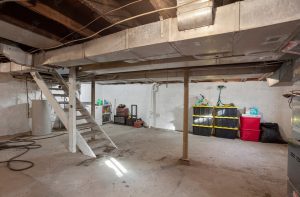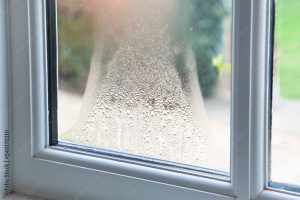Moisture issues are common in homes, especially down in the basement. But while leaks account for some of the moisture, a good deal of it comes from condensation that occurs on the warm side of the basement wall. Moisture buildup on basement walls can spell real trouble for the home’s occupants, as it slowly damages the walls’ insulation and seeps through the drywall.
But did you know that simply using the right type of insulation can go a long way to preventing moisture issues? In this post, you will learn how a quality insulation product like Interra can help prevent moisture from forming on basement walls.
What Causes Moisture Issues In a Basement?
Condensation — the process where warm moist air touches a cold surface and liquefies — is what typically causes moisture issues in a basement. Namely, the culprit is condensation that occurs along the interior surface of the wall against which you place insulation.
As the moisture in warm air meets the cold concrete surface, the vapors condense and water appears. This water can accumulate in your batt insulation and cause all sorts of damage, inside the wall itself and beyond.
How to Prevent Condensation on Basement Walls?
To prevent condensation on basement walls, you definitely need to install adequate interior insulation.
Since moisture forms when warm interior air touches the cold concrete surface, eliminating this contact between warm air and the basement wall can help stop condensation from occurring. And the best way to keep warmth and moisture away from concrete walls is by protecting the latter with a layer of quality insulation.
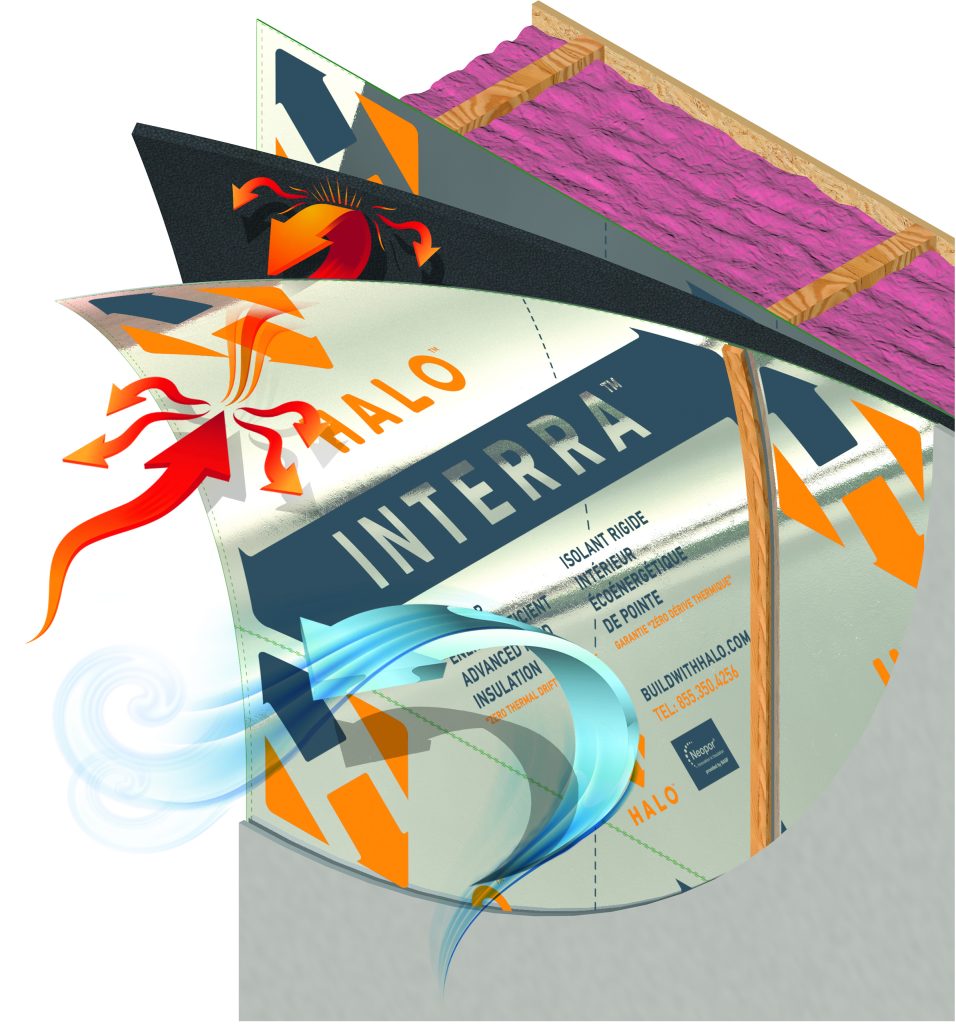
Choosing the Right Insulation to Prevent Condensation on Basement Walls
Below, we will discuss the three main characteristics you should look out for when selecting an insulation product that will help prevent moisture buildup in the basement.
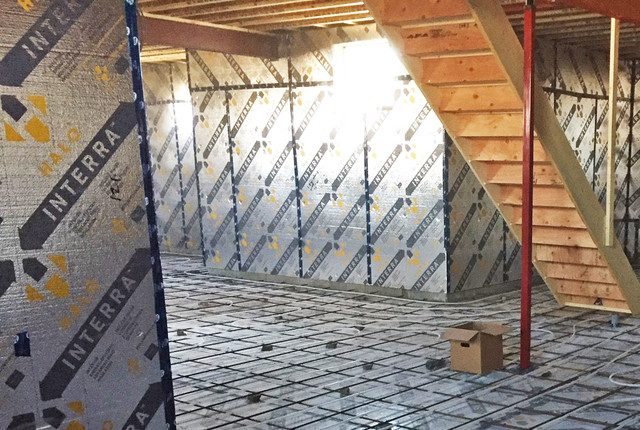
Choose Thicker Insulation
When choosing interior insulation with condensation prevention in mind, the thicker your insulation, the better. That’s because thickness translates to higher thermal resistance, so less of the home’s heat is able to pass through the insulation product and come in contact with the cold wall.
For example, Interra boards used to insulate foundation walls are usually 2 inches thick or more. With a thermal resistance of R-5 per nominal inch of insulation — that’s usually enough to ensure that heat stays inboard of the insulation panel under most conditions.
Choose Continuous Insulation
Another factor to consider when selecting the insulation product is whether the insulation will be continuous. Batt insulation is usually stuffed between interior studs which create thermal breaks regularly throughout the wall surface.
A continuous layer of insulation (like Halo’s Interra) provides a complete thermal break, meaning that vapor has no means of reaching the cold wall surface and condensing there.
Choose Impermeable Insulation
Finally, the best insulation for averting condensation on basement walls is one that’s impermeable. Insulation products that block the transfer of heat through convection (i.e. movement of gasses) stand the best chances of stopping condensation and moisture buildup.
Interra is a great example of an impermeable insulation board, as its laminate — which was designed to replace the vapor barrier — blocks air and vapor movement. Per ASTM E2178 (Standard Test Method for Air Permeance of Building Materials), Interra’s air permeance is 0.0010 L/s-m2 AT 75 pa.
Meanwhile, its vapor permeance is 1.74 ng/Pa-s-m2 or 0.03 perms, per the ASTM E96 test (Standard Method for Water Vapor Transmission of Materials).
In contrast, permeable insulation (such as batt) offers an easy path for moisture-laden warm air to go through on its way to the cold concrete wall.

Don't miss a thing!
Subscribe for exclusive content, insider industry news and limited edition webcasts.
Wrapping It Up: Why Halo Interra Is Ideal for Keeping Moisture Away From Basement Walls
Halo Interra is a great insulation option for preventing moisture buildup on basement walls. That’s because Interra has high thermal resistance, it’s continuous, impermeable, and code-compliant for stopping condensation.
Interra offers a nominal R-Value of R-5 per nominal inch, which is more than enough to keep warmth on its interior face.
Interra is also continuous, so there are no thermal bridges for heat to seep through and come in contact with the basement wall.
Finally, Interra is impermeable to both air and vapor — its laminate effectively blocks the movement of these gasses to the cold side of the insulation panel.

